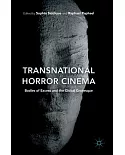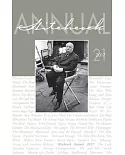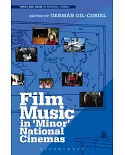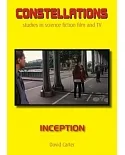"This brilliant and sumptuous volume . . . demonstrates that we have only scratched the surface in Western discussions of Chinese and Japanese film. Beautifully and profusely illustrated,
lovingly indexed, and absolutely immersed in the culture it examines, Cinematic Landscapes is entirely successful in exploring the many links between the centuries-old graphic
tradition of Japanese painting and scroll making and the more recent discipline of the cinema. . . . Cinematic Landscapes pushes Western knowledge of Asian cinema many steps
forward and persuasively serves as a model for future inquiry in this area of study."
--Journal of Film and Video
"Not only will specialists in Asian film benefit from this book, but many scholars working in Asian regional studies, Asian art and literature, as well as film history and criticism
undoubtedly will find this anthology of interest. It is valuable as a textbook in courses on art and the cinema, Asian cinema, or film form and aesthetics. The work makes an important
contribution to Asian film and art scholarship."
--Journal of Asian Studies
China and Japan both have traditional art forms that have been highly developed and long studied. In these original essays, noted film and art scholars explore how the spatial consciousness,
compositional techniques, and construction of images in these traditional and modern art forms also inform filmmaking in the two countries, so that film and art share the same culturally
defined "methods of seeing."
This first major study of the relationship between Chinese and Japanese art and film brings together writers from the United States, Europe, Australia, China, and Japan, including Japan's
well-known film critic Sato Tadao and Beijing Film Academy's Ni Zhen, screenwriter of the Oscar-nominated film Raise the Red Lantern. The essays discuss the influence of the
traditional arts, including scroll painting and printmaking, on Chinese and Japanese cinema and demonstrate that national cinemas cannot be completely understood without considering their
indigenous traditions.





















